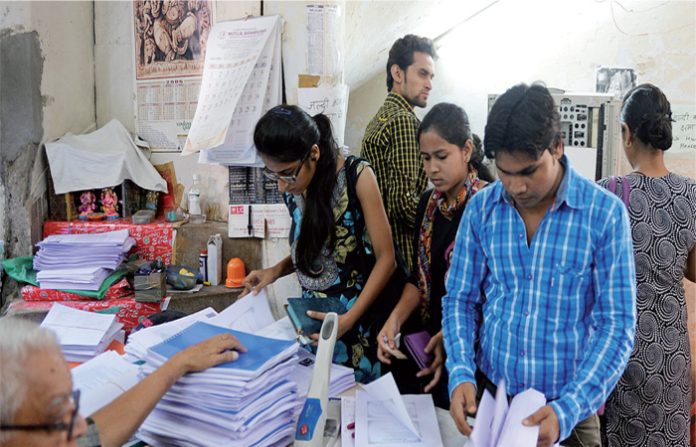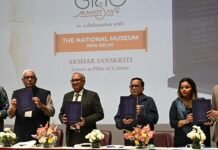
The five-year-long case involving Delhi University (DU) photocopier and defendant, Rameshwari Photocopy Service on one side and major book publishing companies like Oxford University Press, Cambridge University Press, Taylor & Francis, etc. on the other side, finally came to an end with the plaintiffs withdrawing the case abruptly. It is still not clear what led these big publishing establishments to suddenly withdraw the case after five years of bitter legal confrontation but for once, it has brought all the student unions and academics in the university together in appreciation.
It is significant that a division bench of Delhi High Court had passed a 58-page judgment in December 2016, upholding photocopying of copyright content for educational use. The court order had explained that Indian copyright law does not place restrictions on the number of pages in a book that can be photocopied, as long as it meets the requirements of the course. This particular matter, requiring the photocopying of books to meet course requirements, was the only condition the court had placed as a reasonable restriction to ensure fair use of the photocopied content. During this hearing, the court had accepted almost 95% of the contentions of the students and academics.
At that time, the bench had held, ‘We declare that the law in India would not warrant an approach to answer the question by looking at whether the course pack has become a textbook. But by considering whether the inclusion of the copyrighted work in the course pack was justified by the purpose of the course pack—for instructional use by the teacher to the class—it would warrant an analysis of the course pack with reference to the objective of the course, the course content and the list of suggested readings. This would require expert evidence.”
The Delhi High Court’s interpretation of the Indian copyright law did not leave any room for doubt in anybody’s mind about where the respective parties stood in this case. Many a time, cases with such clear verdicts in the high courts are not even entertained by the Supreme Court. In the end it is a victory for students and academics as well as for free and unrestricted access to knowledge.















